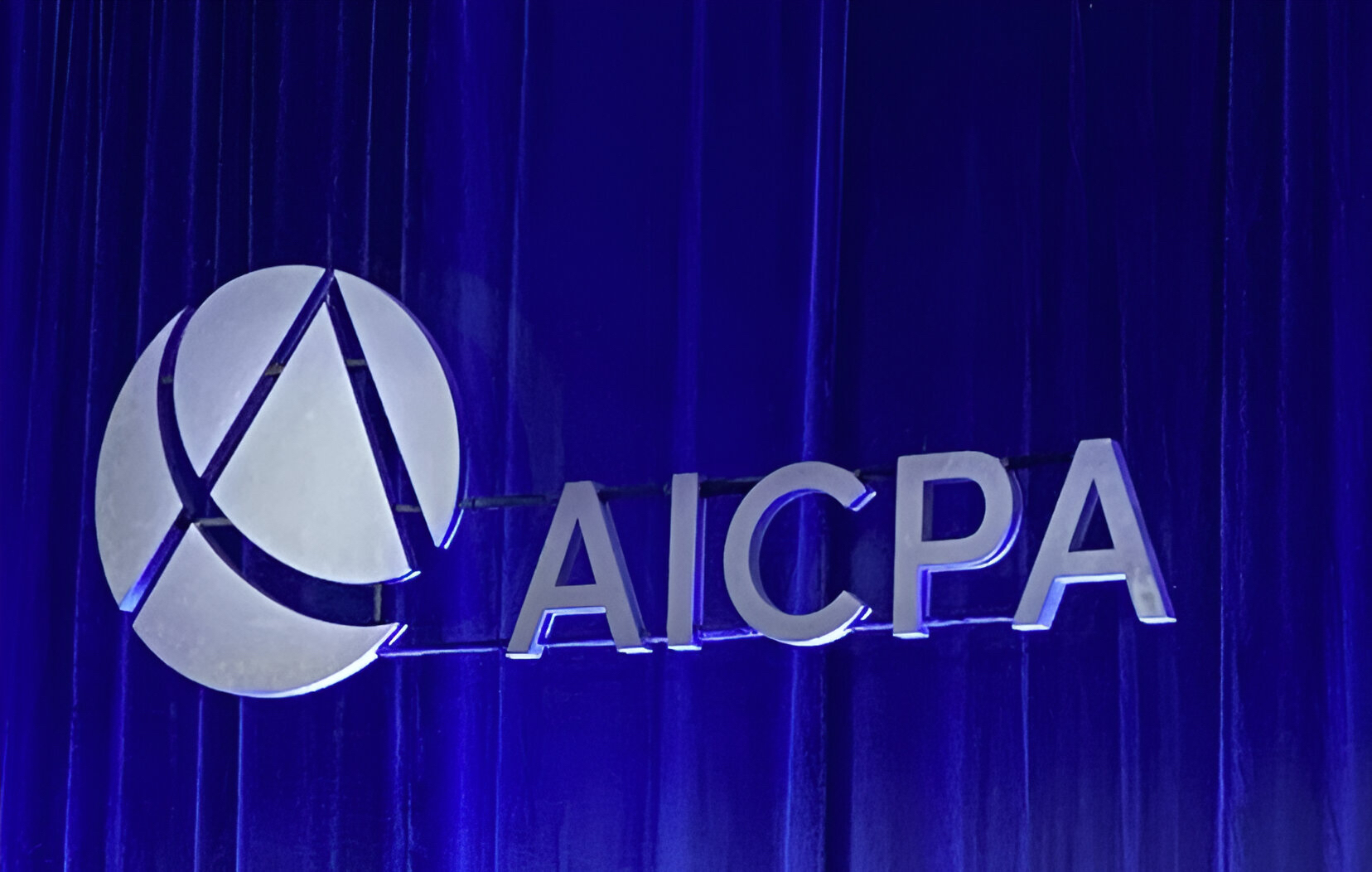May 22 — A Senate inquiry into Apple‘s (AAPL) tax strategies that culminated in Apple CEO Tim Cook’s appearance at a congressional hearing Tuesday has uncovered some questionable practices that raised the ire of certain senators. But it’s unlikely to have any significant implications for the company or even for the tax code, tax law experts said.
Apple may face some heightened scrutiny from the Internal Revenue Service, but isn’t likely to face legal actions as a result, the experts said. Likewise, the tax laws Apple exploited are unlikely to be reformed anytime soon because while there is wide agreement in Washington that the corporate tax code is broken, there’s no agreement on how to fix it.
“Nothing will probably come of this other than maybe some legislative proposals,” said Jay Weill, a partner with Sideman & Bancroft and formerly the longtime chief of the tax division in the U.S. attorney’s office in San Francisco.
Indeed, even some of those critical of Apple’s actions appeared to retreat after the hearing Tuesday. Sen. John McCain, R-Ariz, charged at the hearing that Apple’s tax practices violated the spirit of the law and, in a statement Monday, called them “highly questionable.” But later Tuesday, McCain spokesman Brian Rogers said the senator didn’t want regulators to “punish”
Apple. Instead, McCain wants to work on legislative fixes.
“We don’t have evidence that Apple broke any laws,” Rogers said. “It’s the loopholes they’ve exploited in extreme and novel ways that need to be closed.”
A report issued Monday by the Senate’s Permanent Subcommittee on Investigations revealed that the bulk of Apple’s profits are recorded by a pair of wholly owned Irish-based subsidiaries that pay few, if any, income taxes in any country thanks to the company’s use of a raft of loopholes.
The subsidiaries, for example, aren’t deemed to reside or generally owe tax anywhere in the world. And while some 95 percent of Apple’s research-and-development efforts are done in the United States, it has assigned much of the value generated from those efforts to these Irish subsidiaries, effectively allowing Apple to shift profits overseas, the report charged.
In his appearance before the subcommittee, Cook defended Apple’s actions, noting that Apple has had the same basic arrangement since 1980 and arguing that Apple designed the structure of its overseas operations for efficiency reasons, not tax avoidance.
“We pay all the taxes we owe, every single dollar,” Cook said. “We not only comply with the laws,
but we comply with the spirit of the laws.”
But the company’s practices and interpretations of tax law were clearly “aggressive,” tax law experts said. Even if Apple followed the letter of the law, there’s a question as to whether it followed the spirit of the law, said David Hasen, an associate professor of taxation at Santa Clara University’s School of Law. Tax law generally doesn’t allow companies to set up foreign subsidiaries for the sole purpose of avoiding taxes, as Apple appears to have done, he noted.
“When it comes to the attention of the IRS, I think it would raise a flag,” said Hasen. “I suspect they will take a look at it because now a lot of information has come out.”
But such an inquiry is very unlikely to lead to a formal case against Apple, the experts said. Apple’s practices have almost certainly been vetted by some of the top law firms in the nation, and the company almost certainly would hire whole teams of lawyers to battle the IRS should it challenge Apple in any serious way, Weill said.
“The IRS is so understaffed … as opposed to a company like Apple,” he said. “It would make it tough for the IRS to audit or investigate” the company.
The hearing is the latest in a series of investigations into corporate tax practices that have examined several companies, including Starbucks, Microsoft and Hewlett-Packard (HPQ),
noted Michael Kroll, a professor at the University of Pennsylvania School of Law. Those inquiries have highlighted a variety of loopholes that companies exploit to evade federal taxes.
But because the issues are complicated and the political parties are divided over how to address them, little is likely to be done, Kroll said.
“I don’t see anything happening right away,” he said.
————————
Copyright 2013 – San Jose Mercury News
Thanks for reading CPA Practice Advisor!
Subscribe Already registered? Log In
Need more information? Read the FAQs
Tags: Income Taxes, IRS



